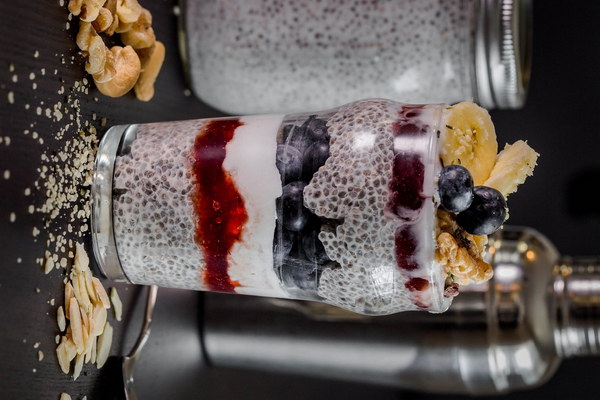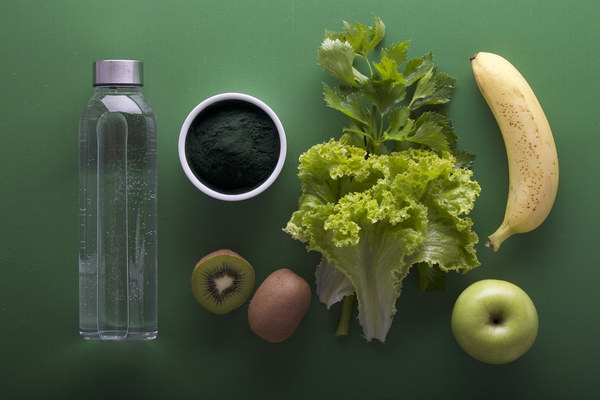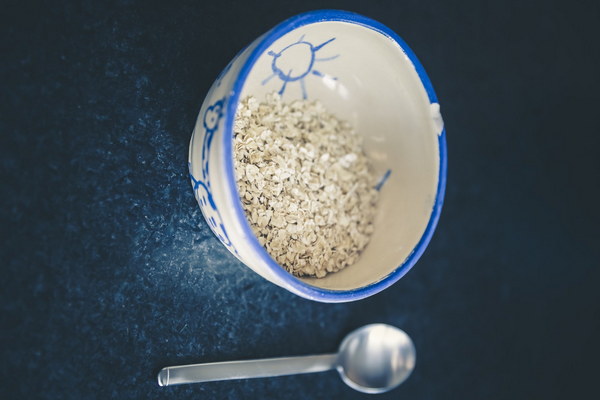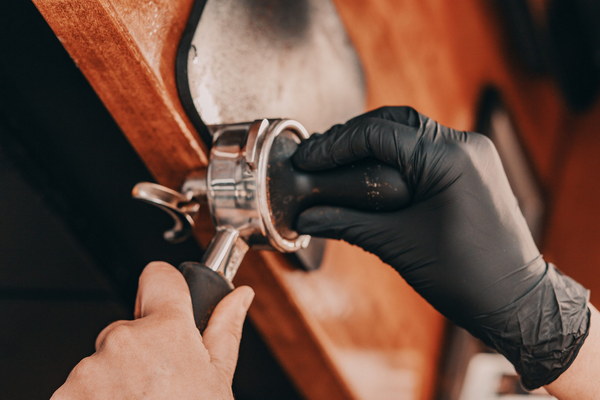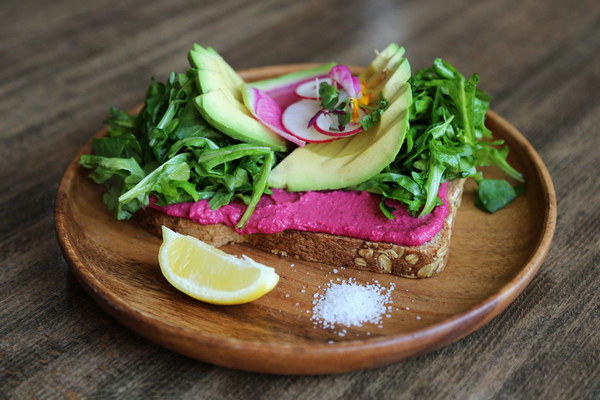Natural Remedies Discover the Benefits of Dietary Supplements for Hernia Relief
Hernia, a common condition where an organ protrudes through a weakened muscle, can be quite discomforting and painful. While medical treatment is essential, there are also natural remedies, such as dietary supplements, that can help alleviate symptoms and promote healing. In this article, we will explore some of the best hernia food supplements that can provide relief and support your body's recovery process.
1. Fish Oil
Fish oil is a rich source of omega-3 fatty acids, which have anti-inflammatory properties that can help reduce pain and swelling associated with hernias. Incorporating fish oil into your diet can improve overall muscle strength and help prevent further hernia occurrences. You can consume fish oil in the form of supplements or by adding fatty fish like salmon, mackerel, and sardines to your meals.
2. Vitamin E
Vitamin E is an antioxidant that can help protect your muscles from oxidative stress and promote healing. This nutrient can be found in nuts, seeds, avocados, and leafy greens. Adding these foods to your diet or taking vitamin E supplements can support the repair of weakened muscles and reduce the risk of developing a hernia.
3. Probiotics
Probiotics are beneficial bacteria that can help maintain a healthy gut, which is essential for overall health. They can also support immune function and reduce inflammation. Foods rich in probiotics include yogurt, kefir, sauerkraut, and kimchi. Alternatively, you can take probiotic supplements to ensure you're getting enough of these beneficial bacteria.
4. Magnesium
Magnesium is a mineral that plays a crucial role in muscle function and can help alleviate muscle spasms and cramps. It can also reduce inflammation and improve muscle strength. Magnesium-rich foods include almonds, cashews, spinach, and legumes. You can also take magnesium supplements to ensure you're meeting your daily requirements.
5. Turmeric

Turmeric is a spice that contains curcumin, a compound with powerful anti-inflammatory properties. This natural remedy can help reduce pain and swelling associated with hernias. Adding turmeric to your meals, such as curries and soups, can provide relief. Alternatively, you can take turmeric supplements to ensure you're getting enough curcumin.
6. Flaxseeds
Flaxseeds are a great source of omega-3 fatty acids and fiber, which can help reduce inflammation and promote digestion. Adding flaxseeds to smoothies, yogurt, or oatmeal can support your body's recovery process. Flaxseed oil supplements are also available for those who prefer not to consume whole flaxseeds.
7. Green Tea
Green tea is rich in antioxidants and has anti-inflammatory properties that can help alleviate hernia symptoms. Drinking green tea regularly can support your body's healing process. Green tea can be consumed hot or iced, and you can add it to your daily routine without any significant changes to your diet.
In conclusion, dietary supplements can play a significant role in managing hernia symptoms and supporting your body's recovery process. Incorporating these natural remedies into your diet can help alleviate pain, reduce inflammation, and improve muscle strength. However, it's essential to consult with your healthcare provider before starting any new supplement regimen, especially if you have underlying health conditions or are taking other medications. With the right approach, you can achieve a more comfortable and healthier recovery journey.
